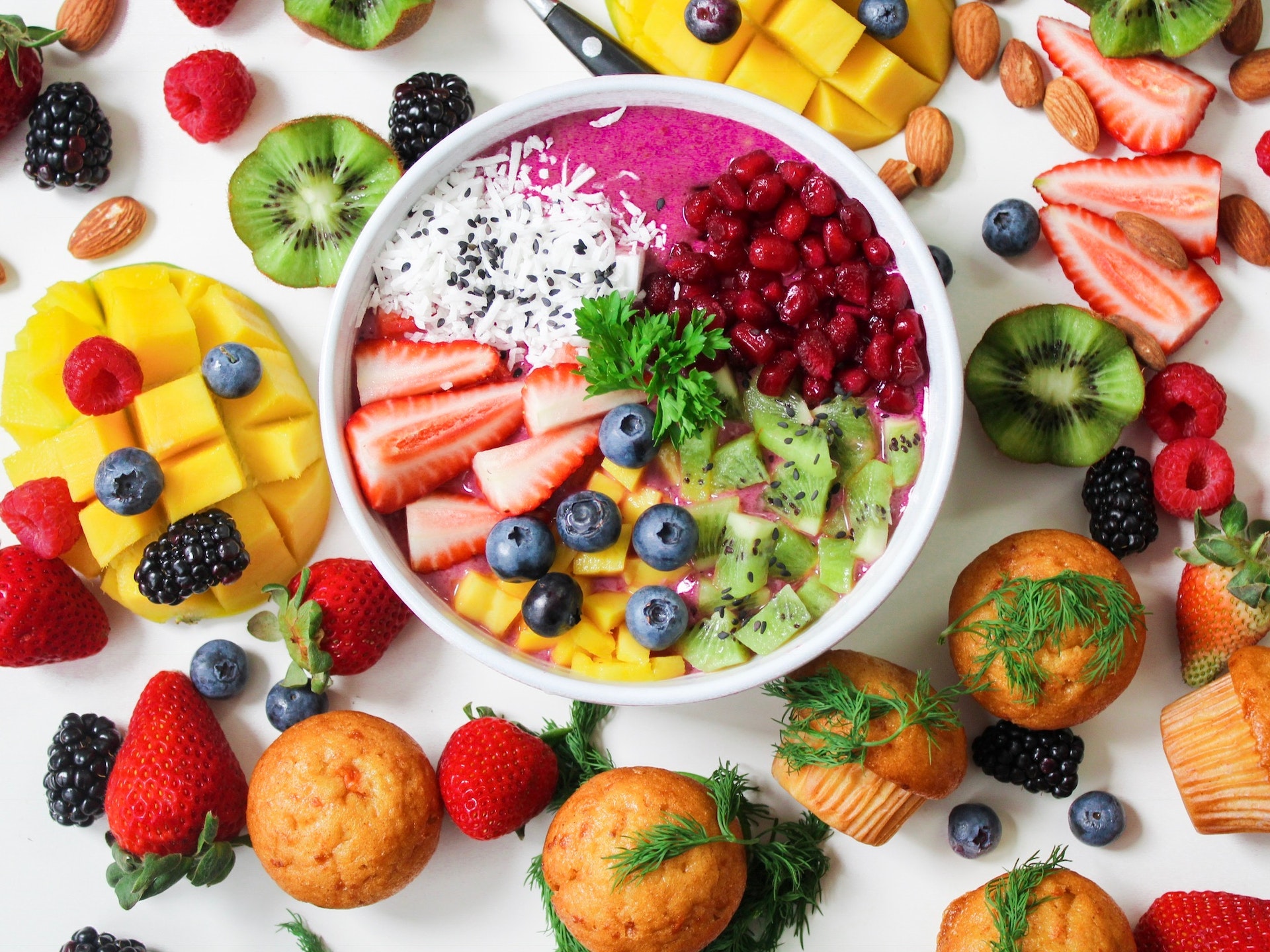
It’s normal for blood glucose (also known as blood sugar) to rise and fall throughout the day, but it should generally not spike above 180 mg/dL, which can sometimes cause symptoms of hyperglycemia and other health issues. If you notice a spike as you observe your continuous glucose monitor (CGM), you’ll want to try to figure out what caused it. This article explains some of the most common causes.
How Carbohydrates Raise Glucose
Different foods raise glucose by different degrees. Foods that are mostly composed of proteins and fats (like meat, fish and eggs) generally do not raise it at all.
Foods that contain carbohydrate (carbs), such as sugary and starchy foods, are the most likely cause of increased glucose levels, especially those with highly-refined and processed carbohydrates.
Carbs are long chains of mostly glucose, so when eaten, they raise blood glucose more than other nutrients. In addition, refined carbs (such as white bread, cake, breakfast cereal and rice) are absorbed more quickly, leading to higher spikes.
You might be surprised these can also cause glucose spikes:
Stress
Physical and emotional stress increase certain hormones (like cortisol) that cause your blood sugar to rise.
Sleep
Sleeping fewer than six hours or more than eight hours a night, or an irregular sleep schedule, can elevate blood sugar.
Sickness
When you are sick and you have type 2, your body responds by releasing extra glucose into the blood. This may lead to hyperglycemia, a dangerous health condition. (Read more about hyperglycemia.)
Medications
Certain medications may raise your blood glucose. These include steroids, beta-blockers, cough medicines, medications used to treat anxiety and depression, among others.
Dawn Phenomenon
A person’s blood glucose normally rises in the early morning (around 4 a.m.) as the body releases glucose to get ready for the day ahead. Sometimes, with people with type 2 diabetes, it is high enough to cause a spike.
What can I do?
- Use your Level2 Phase 2 journal to find a link between your foods/ stress/ medications/ activities and your glucose spikes.
- Work with your Level2 care team to help identify what might be causing your spikes and learn strategies to reduce them.
- Change your food order and eat the protein and non-starchy vegetables on your plate before the carbs. Watch this video to learn more.
- Go for a 20-minute walk after your next meal.
- Try different dietary strategies like low-carb diet and time restricted eating (TRE). Read summaries of low-carb eating and TRE to get started.
- Learn these strategies to help manage your stress.
- Learn these strategies for getting better sleep.
- Discuss medication changes with your doctor.
Dec. 21 2022